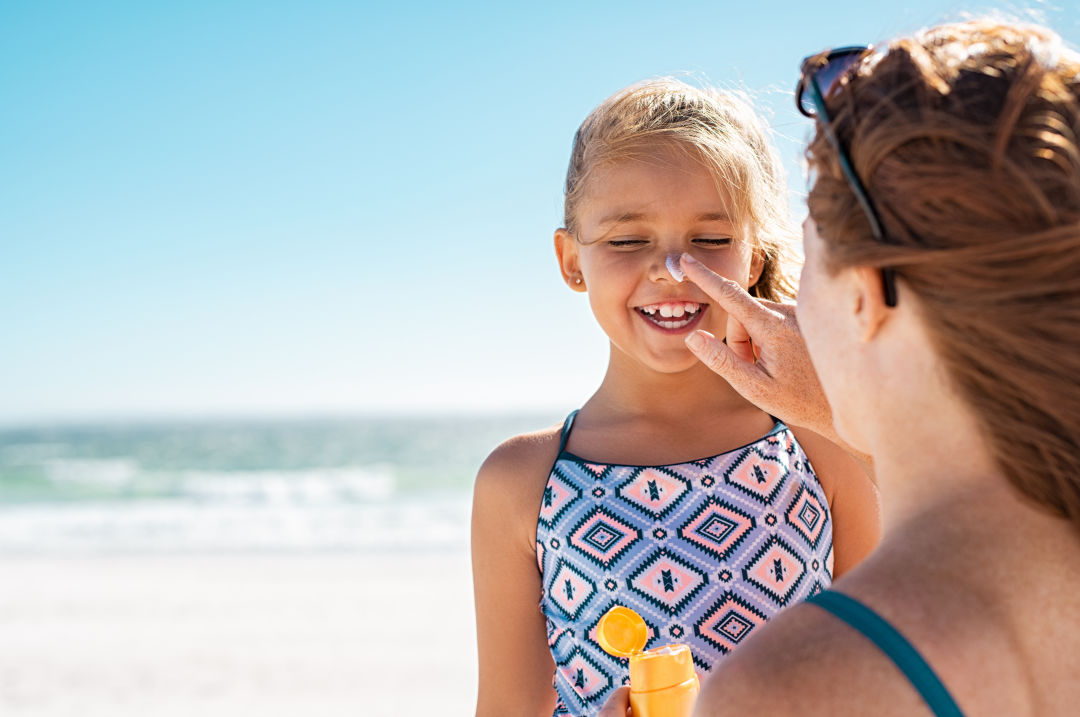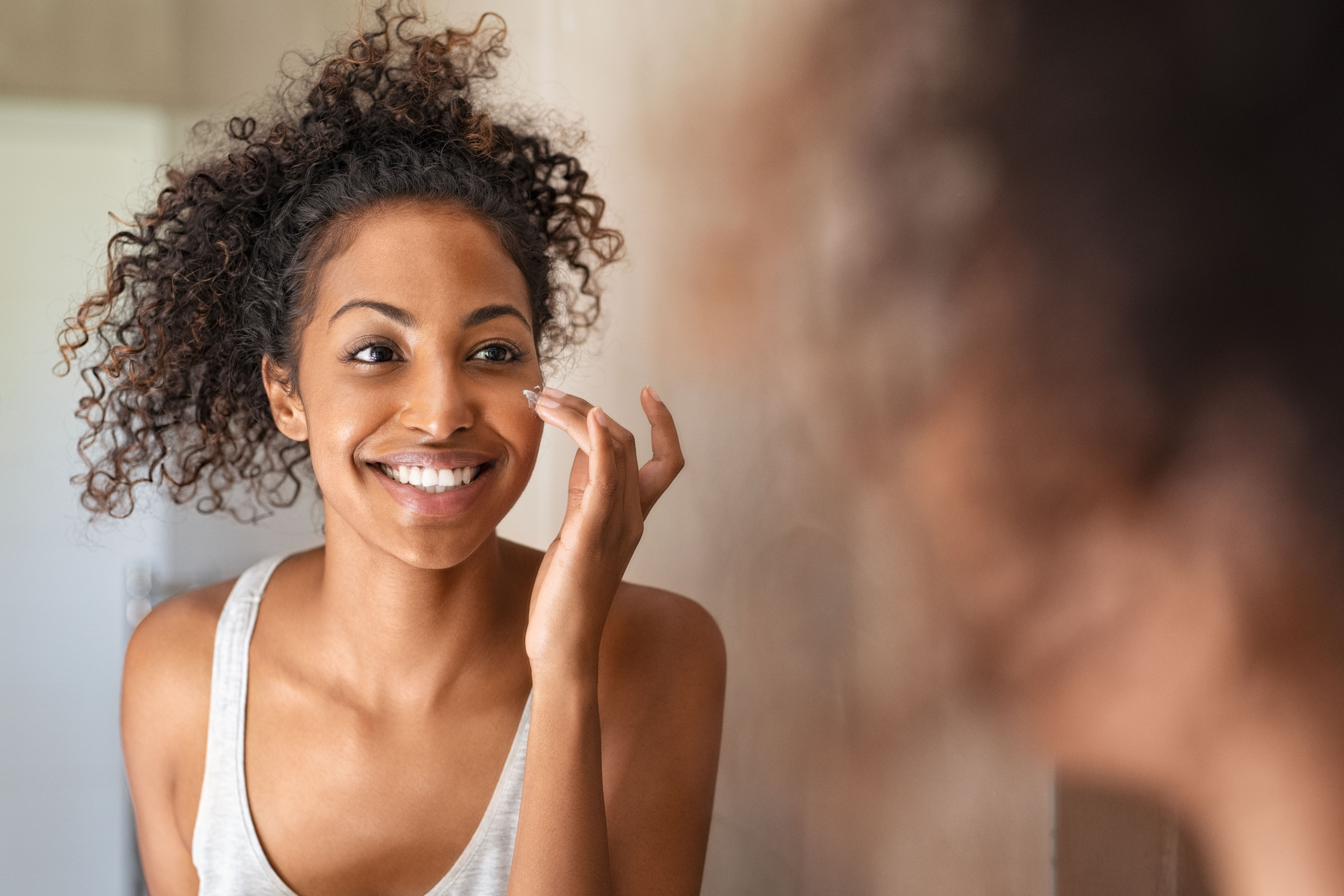Here's How to Choose the Right Sunscreen for You This Summer

Image: Rido/Shutterstock
It's the height of summer in Florida, which means two things: heat and sun. And with the hot rays beating down, we have to be more careful than ever about protecting our skin. So how can we determine which sunscreen is best for us? Dr. Elizabeth Callahan from Sarasota's Skinsmart Dermatology shares some tips.
Addressing recent concerns about UV absorption, environmental impact and hormone disruption, Callahan says, "According to the American Academy of Dermatology, there's nothing harmful in sunscreens sold in the United States under established brands."
"But," she adds, "if you are allergic to chemical sunscreens like me, mineral sunscreen is the better choice."
Look for mineral sunscreens with titanium dioxide and zinc oxide. Some of Callahan's favorite brands are ISDIN (specifically the Eryfotona Actinica formula), with DNA repairsomes derived from plankton, which repair sun damage. She also likes dermatologist-tested brands like CeraVe and Cetaphil mineral sunscreens. They work by providing a physical barrier between your skin and the sun's rays, as opposed to chemical sunscreens, which get absorbed by your skin.
"Look for broad spectrum sunscreen, too," says Callahan. This means it will protect you from UVB and UV-A rays. She also suggests using lotion as opposed to aerosol sunscreen for full protection, and water-resistant formulas.
Another factor to consider when purchasing sunscreen is its SPF content. According to the FDA, 100-plus SPF is not more protective than 60-plus SPF. Products labeled as such can be misleading to consumers; it's best to avoid products that claim higher than 50 SPF. Callahan recommends using SPF 30-50, as long as you are applying the proper amount often enough.
"Apply a shot glass' worth of lotion sunscreen over all exposed areas every two hours, or right after swimming," says Callahan. "Also apply sunscreen 20 minutes before your first exposure that day, to ensure the product has absorbed into skin."
Callahan also advises to avoid additives in sunscreen that reduce inflammation, such as licorice, chamomile or aloe. These should be reserved for after-sun care products, like moisturizing lotion. She does recommend an oral supplment for skin protection; her favorite is HelioCare, a supplement with antioxidants and the Polypodium leucotomos extract, a fern from South America.
And, she says, use other forms of sun protection, like UV-blocking T-shirts and swimwear, hats and sunglasses.



